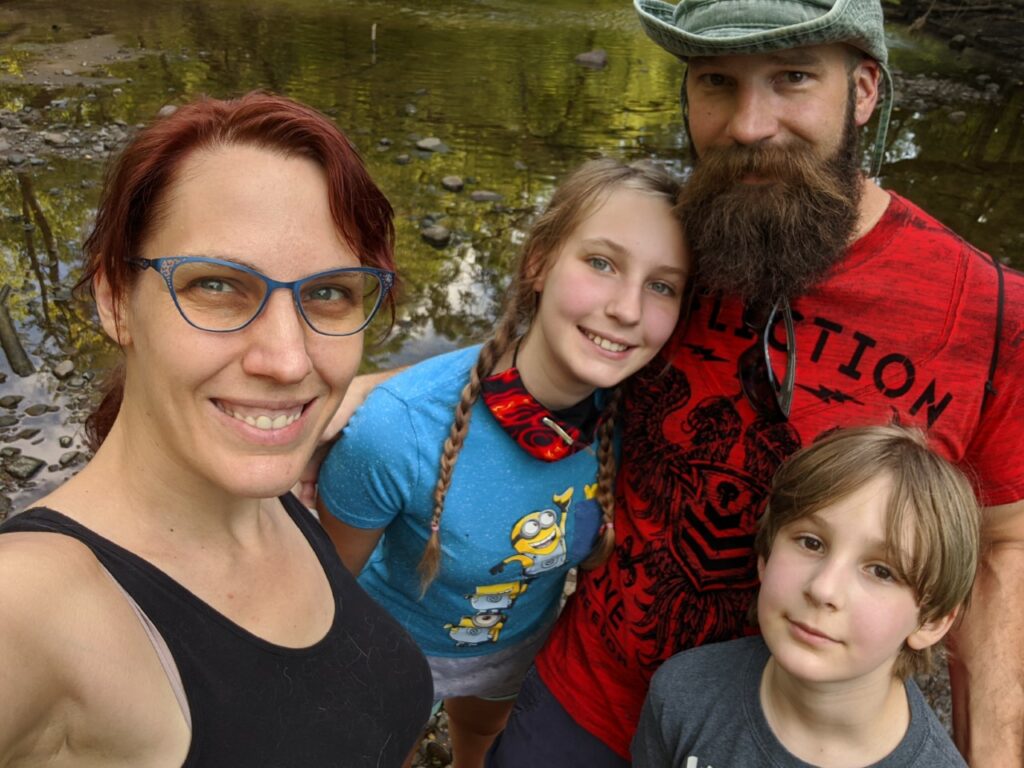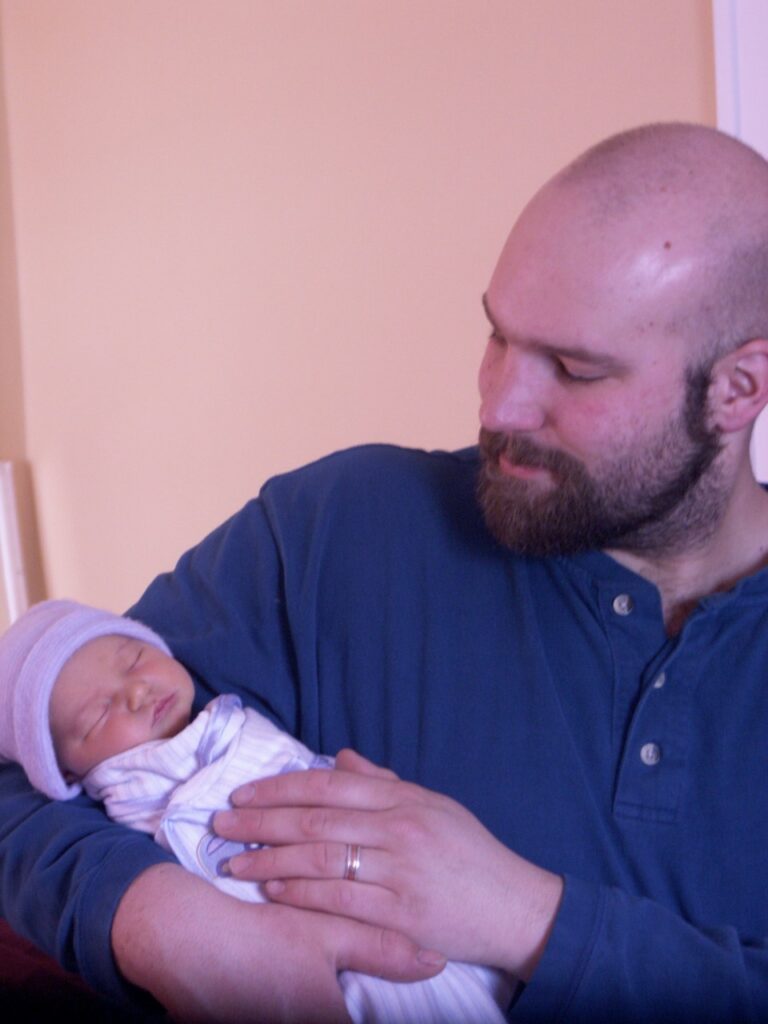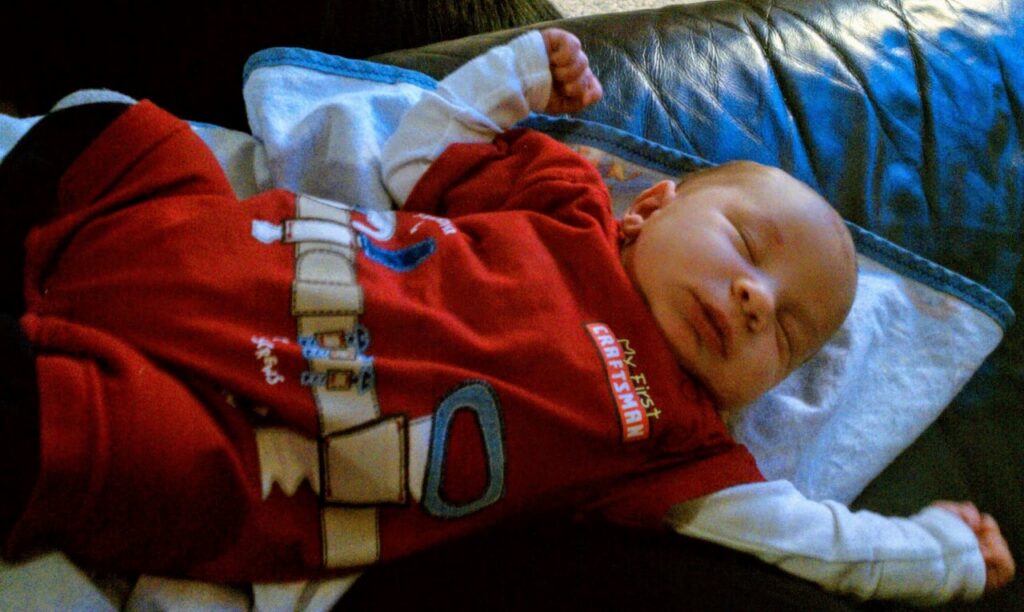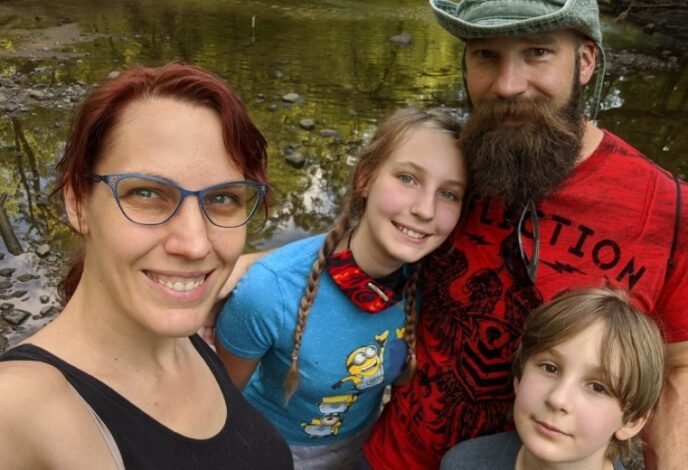
There are some undeniable facts about human life.
We are born. We live in imperfect bodies. We get sick, injured, and someday, we die.
There is another amazing tie that binds us all together, though: we care about one another. We celebrate births, we tend to one another when we are sick or injured, and we grieve over the passing of those we love.
Amid these life events, we still need food and shelter, so we work and earn money. How do we find the balance of needing to work to survive and needing to be present for ourselves and our loved ones through all the seasons of life?
Before I tell you my story, I want you to think of a number: 17 percent.
According to the Bureau of Labor Statistics, only 17 percent of the private industry workforce has access to paid family leave. As for unpaid family leave, that is available to 89 percent of the workforce. Unpaid leave means facing impossible choices, like weighing keeping food on the table against caring for a newborn child, taking time to address your own medical needs, or caring for a sick or dying loved one.
My husband and I faced these impossible choices firsthand.
On Mother’s Day of 2007, I got to tell my parents that they were going to be grandparents. My husband and I had been married for nearly two years. We owned a home in Paynesville and ran a small custom cabinetry business together.
Things were looking really good.
But by that summer, the tremors that signaled the end of the housing bubble began. Folks weren’t getting home equity loans anymore, which meant they weren’t remodeling kitchens and bathrooms. Work dried up. I already had a second job, but it wasn’t enough to sustain us. By the Fall, we had shuttered the cabinet shop, and my partner had found seasonal work. When that work was affected by the shift in the economy, he had to find yet another job, which he started in December, the month before our baby was due.

Our first child arrived by unplanned cesarean at 12:15am on January 1. She made it into the newspapers as the first baby of 2008. Just three days after we were discharged from the hospital, my husband returned to work.
I found myself at home alone with a newborn recovering from an unplanned abdominal surgery. My husband wanted nothing more than to care for me and our newborn daughter – but he couldn’t be with us. He hadn’t been at his job long enough to accrue time off and was told that if he didn’t show up for work that Monday, he wouldn’t have a job.
Nearly three years later, our second child was born. We’d been through a big upheaval with the Great Recession. We now ran a handyman service and had saved up enough money so my husband could be at home with us for at least two weeks after the birth.
Then, two days before my due date, someone broke into our truck and stole our handyman tools.
The insurance company was only willing to pay us $1,800 for replacing those tools. Suddenly, we needed to use our savings to purchase the tools that kept food on our table.
Our son was born on a Friday. On Tuesday, someone called for work, and my husband had to take the job. Nine months of planning and saving for this very important point in our lives was taken from us in a single night. Our son’s first shopping trip out of the house was to a tool store to start replacing what had been stolen.
We will never be able to replace the time that was stolen.
We had planned, we had saved, but sometimes things come at you at the worst possible time. We made it work – our family is close and resilient – but the stress, depression, and loneliness that comes from surviving hard situations over and over again, are wholly unnecessary burdens that we put on a certain segment of our society. We shouldn’t demand eternal resiliency from someone simply because their skill set falls in a career field that doesn’t come with paid leave.
In solidarity,
Theresa Meis
TakeAction Minnesota leader

Theresa Meis is a TakeAction Minnesota leader and producer of the MinnCentral Currents podcast. She shared a version of her story, and uplifted other care stories, on the April 7, 2021 episode of the podcast titled “Hello, Goodbye, Get Better Soon.” Listen to the full episode.

